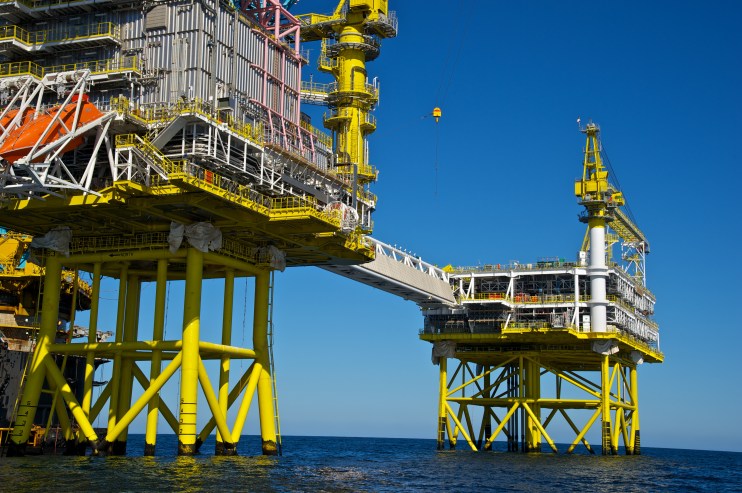Harbour Energy’s embrace of carbon capture reflects shift in North Sea industry aims

There was good news for the North Sea industry last week when the country’s first licensing round for carbon capture and storage (CCS) projects secured 21 projects across 14 companies.
This is a welcome boost for the energy sector after the disappointing offshore wind auction earlier this month, when no major new bids were unveiled.
While a multitude of parties have secured approval from the North Sea Transition Authority (NSTA), one of the notable winners is Harbour Energy – which has obtained four licences for both CCS projects it is involved in.
This includes two licences for the Acorn project in North East Scotland and two further licenses for the Viking development off the Humber coastline.
Harbour is the operator of Viking, and has a 60 per cent interest in the project, working alongside BP with a 40 per cent holding.
It also has a 30 per cent minority stake in Acorn, which included lead developer Storegga, Shell and North Sea Midstream Partners among its backers.
This follows both projects also being fast-tracked for negotiations with the government through its ‘track’ processes – in the hope of encouraging the operators to reach a final investment decision, with the expectation of spades in the sea this decade.
So far, the government has confirmed four separate clusters (regions for development) and £20bn of support for projects, targeting the capture of 20-30 metric tonnes per year by the end of the decade as part of its energy security strategy.
Harbour’s success with the latest licensing round contrasts not just with the latest gloomy showing for offshore wind, but also with the oil and gas operations CCS hopes to partially offset.
The company is also the most prolific independent fossil fuel producer in UK waters, and has routinely warned that the UK’s investment climate for oil and gas projects is not favourable for new projects.
It has cut jobs at its Aberdeen headquarters and declined to enter the last licensing round for oil and gas exploration.
Instead Harbour has pushed to diversify operations, including entering into new projects in Mexico and Indonesia, to reduce the dominant position of UK projects in its portfolio, which make up over 80 per cent of its assets.
These measures follow the introduction of the Energy Profits Levy, known as the windfall tax, and additional tariff on oil and gas producer profits – which takes the overall tax take to 75 per cent.
Last month, Harbour revealed a billion dollar swing in its half year results, dropping from $984m earnings to $8m loss in just 12 months.
The company was weighed down with a $392.9m hit from UK taxes – including the Energy Profits Levy – leading to an overall tax take of $437.5m.
Nevertheless, it is bullish about the prospects of CCS with Steve Cox, Harbour’s executive vice president of net zero describing the latest developments as another “step forward” that reflects the “valuable role the oil and gas sector can bring to the development of this nascent industry.”
This positioning is reflective of two factors.
Firstly, that Harbour is seeking to be politically nimble – lamenting hefty taxes on operations in a bid to improve conditions and returns for oil and gas exploration, while at the same time looking to maximise potential in CCS.
It also exposes that the energy sector is now shifting slowly but definitively towards the late stage of oil and gas production in the North Sea, with future facing operations such as CCS attracting companies while fossil fuel production and investment declines this decade.
CCS provides the most viable option for North Sea players to transition to low carbon solutions, amid an inhospitable investment climate and the push towards net zero.